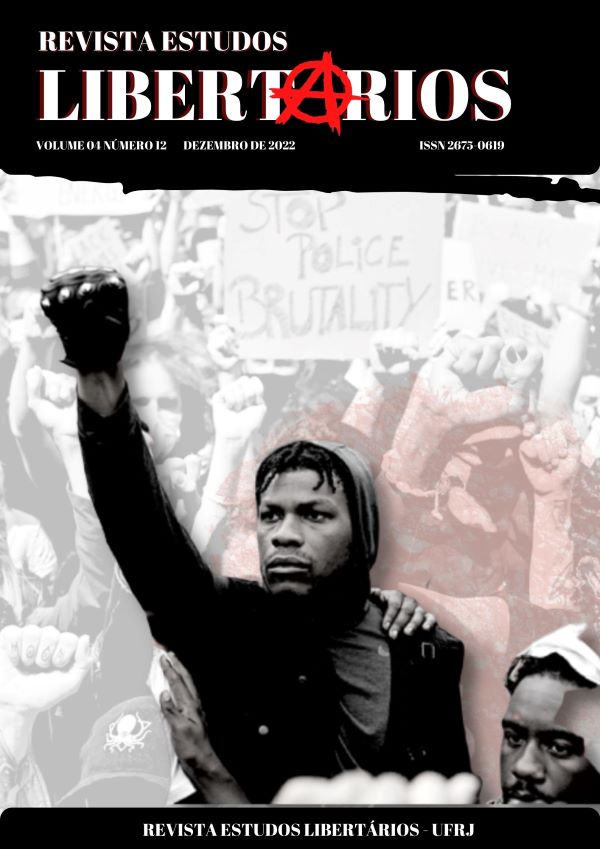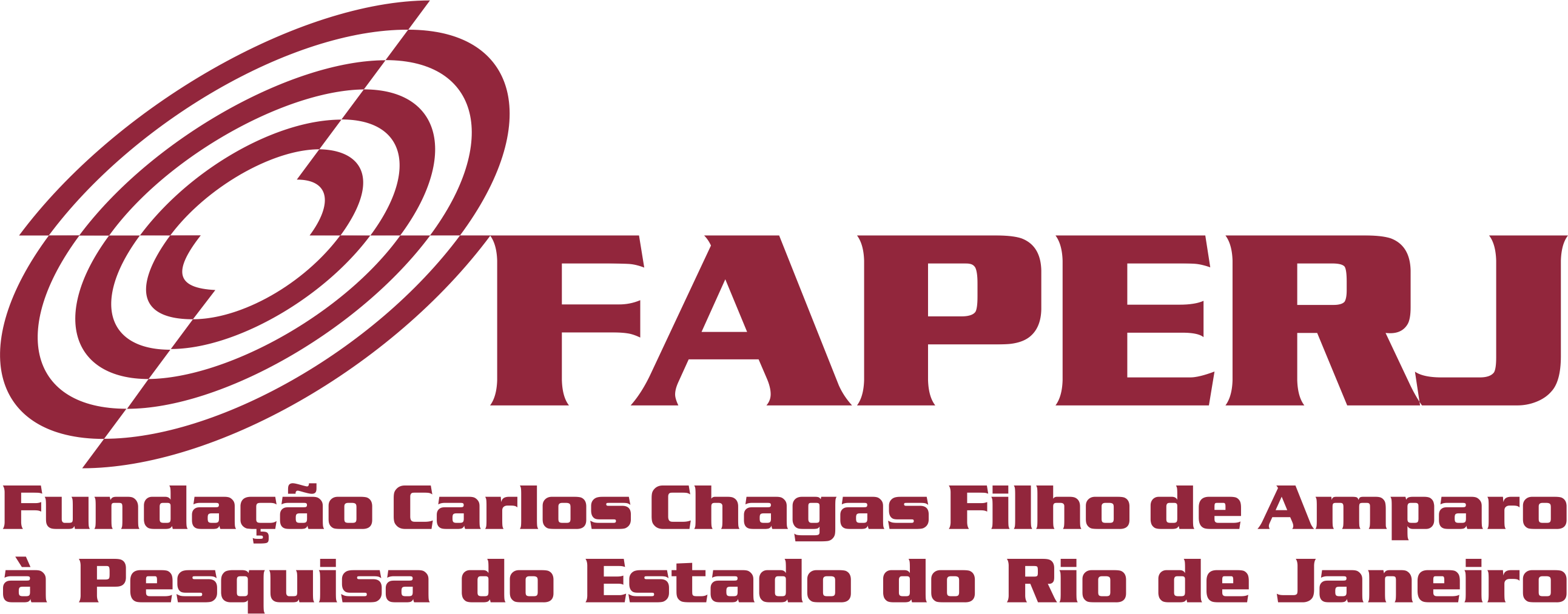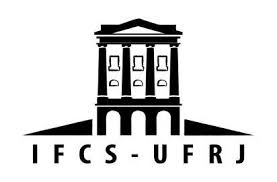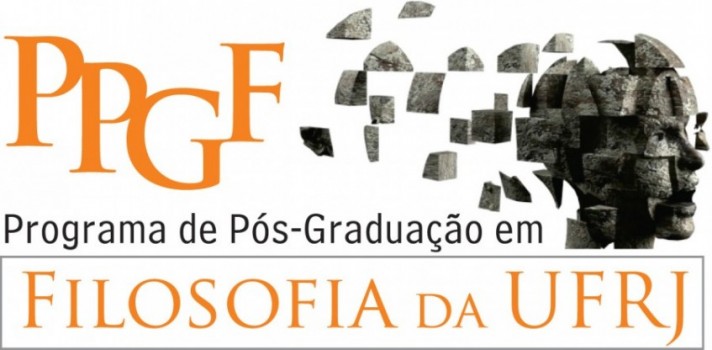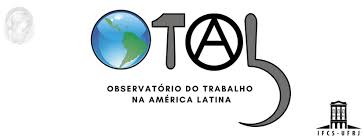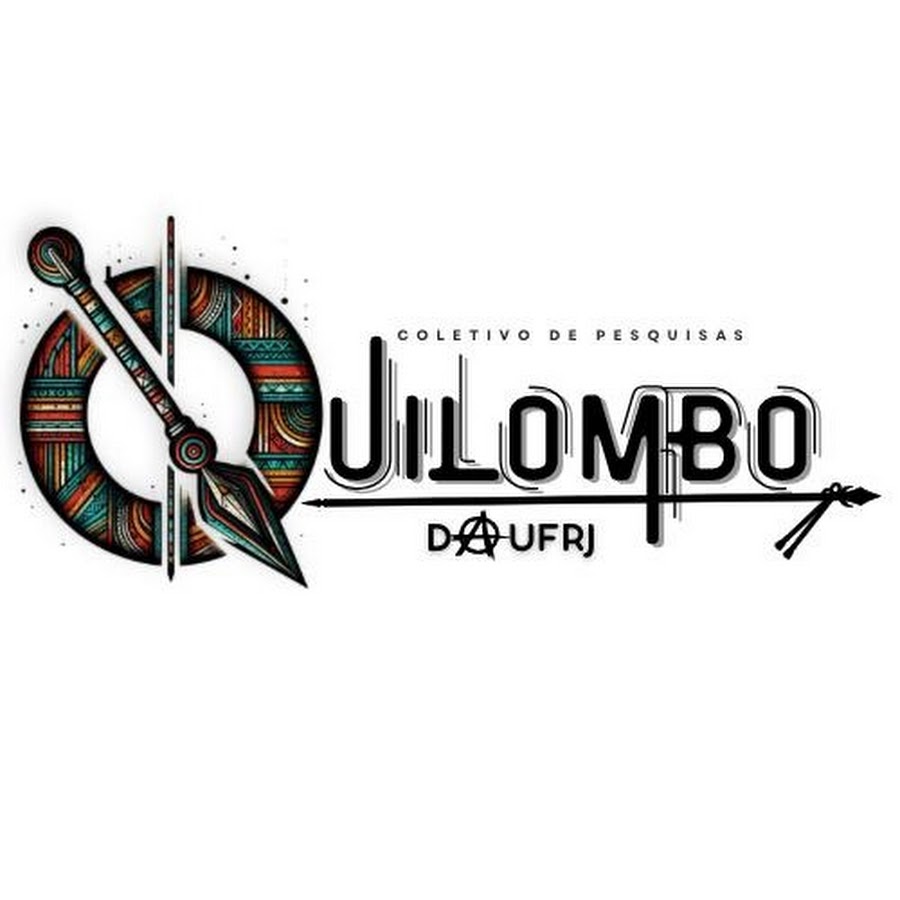IMAGINAÇÃO, DESCOLONIZAÇÃO E INTERSECCIONALIDADE: AS OCUPAÇÕES ESTUDANTIS #RHODESMUSTFALL NA CIDADE DO CABO, ÁFRICA DO SUL
Resumo
Estudantes sul-africanos retornaram, desde 2015, à vanguarda das lutas dos movimentos sociais do país. Foi central para essa onda de disputas o movimento #RhodesMustFall (#RMF) na University of Cape Town (UCT), que se uniu a insurreições em universidades de todo o país, sob a bandeira #FeesMustFall, concentrando as demandas na abolição das mensalidades, na descolonização da educação e da sociedade, e no fim da exploração dos trabalhadores do campus. Neste processo, os alunos imaginaram como a educação e a sociedade poderiam ser diferentes. Neste artigo, discutimos a relação entre movimentos sociais, ocupações e imaginário, ao examinarmos um evento crucial do movimento #RMF: a ocupação estudantil de um prédio administrativo da UCT. Como a teoria dos movimentos sociais possui uma concepção subdesenvolvida sobre o imaginário, nos baseamos na compreensão de Sartre e Fanon sobre imaginário, e a aplicamos ao ativismo dos estudantes. Com base em investigação qualitativa original, demonstramos como futuros imaginados orientam a atividade do movimento, enquanto que suas práticas prefigurativas na ocupação as encenam no tempo presente. A ocupação #RMF foi vista como uma ruptura da realidade que catalisou a imaginação dos estudantes, de modo a honrar suas críticas à sociedade e dando forma a dois imaginários centrais de futuros alternativos, a descolonização e a interseccionalidade. Os imaginários e encenações do movimento foram influentes na remodelação do panorama do ensino superior sul-africano, e até inspiraram movimentos internacionais.Downloads
Publicado
Edição
Seção
Licença
Autores que publicam nesta revista concordam com os seguintes termos:
1) Autores mantém os direitos autorais e concedem à revista o direito de primeira publicação, com o trabalho simultaneamente licenciado sob a Licença CreativeCommonsAttribution que permite o compartilhamento do trabalho com reconhecimento da autoria e publicação inicial nesta revista.
2) Autores têm autorização para assumir contratos adicionais separadamente, para distribuição não-exclusiva da versão do trabalho publicada nesta revista (ex.: publicar em repositório institucional ou como capítulo de livro), com reconhecimento de autoria e publicação inicial nesta revista.
3) Autores têm permissão e são estimulados a publicar e distribuir seu trabalho online (ex.: em repositórios institucionais ou na sua página pessoal) a qualquer ponto antes ou durante o processo editorial, já que isso pode gerar alterações produtivas, bem como aumentar o impacto e a citação do trabalho publicado (Veja O Efeito do Acesso Livre).
POLÍTICA DE PRIVACIDADE
Os nomes e endereços informados nesta revista serão usados exclusivamente para os serviços prestados por esta publicação, não sendo disponibilizados para outras finalidades ou a terceiros.

